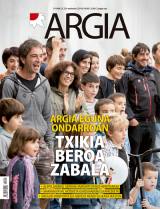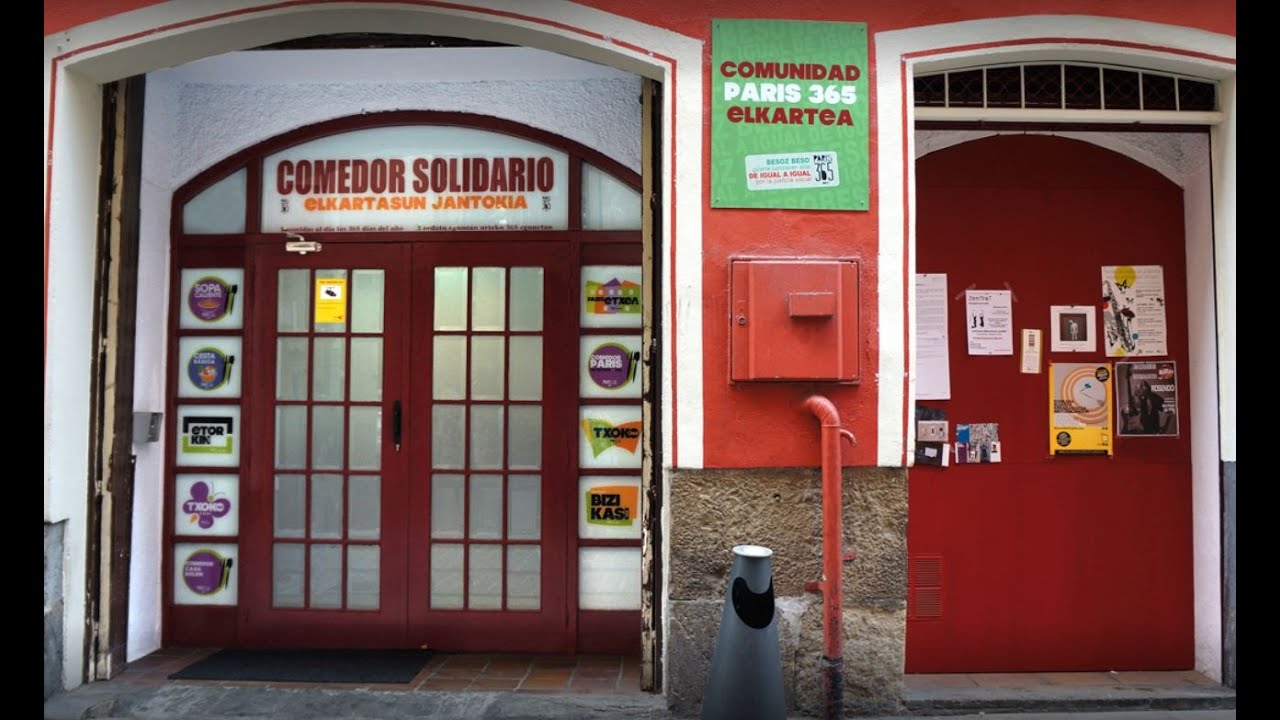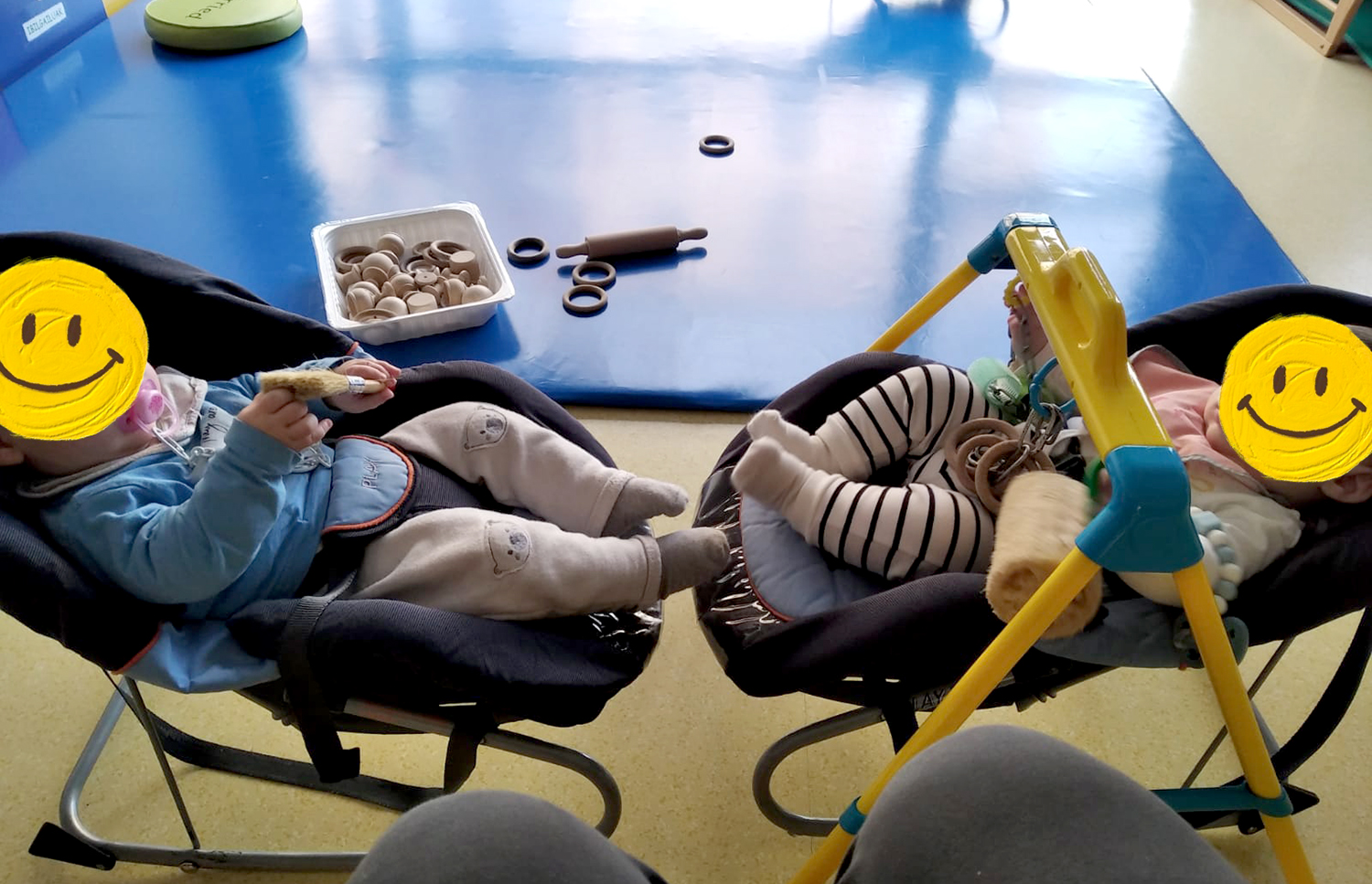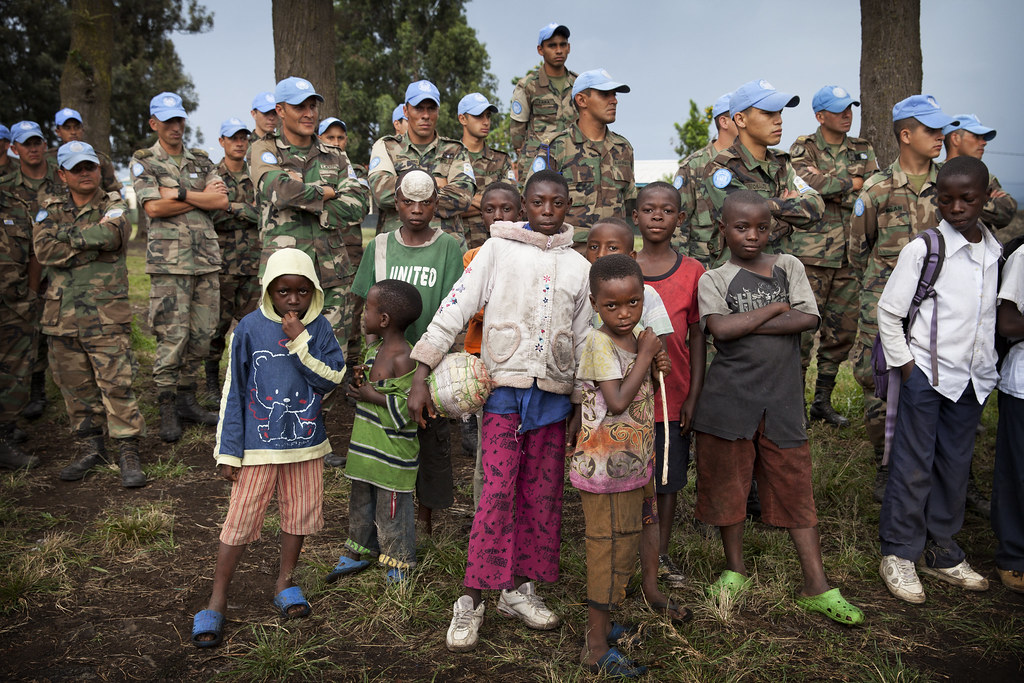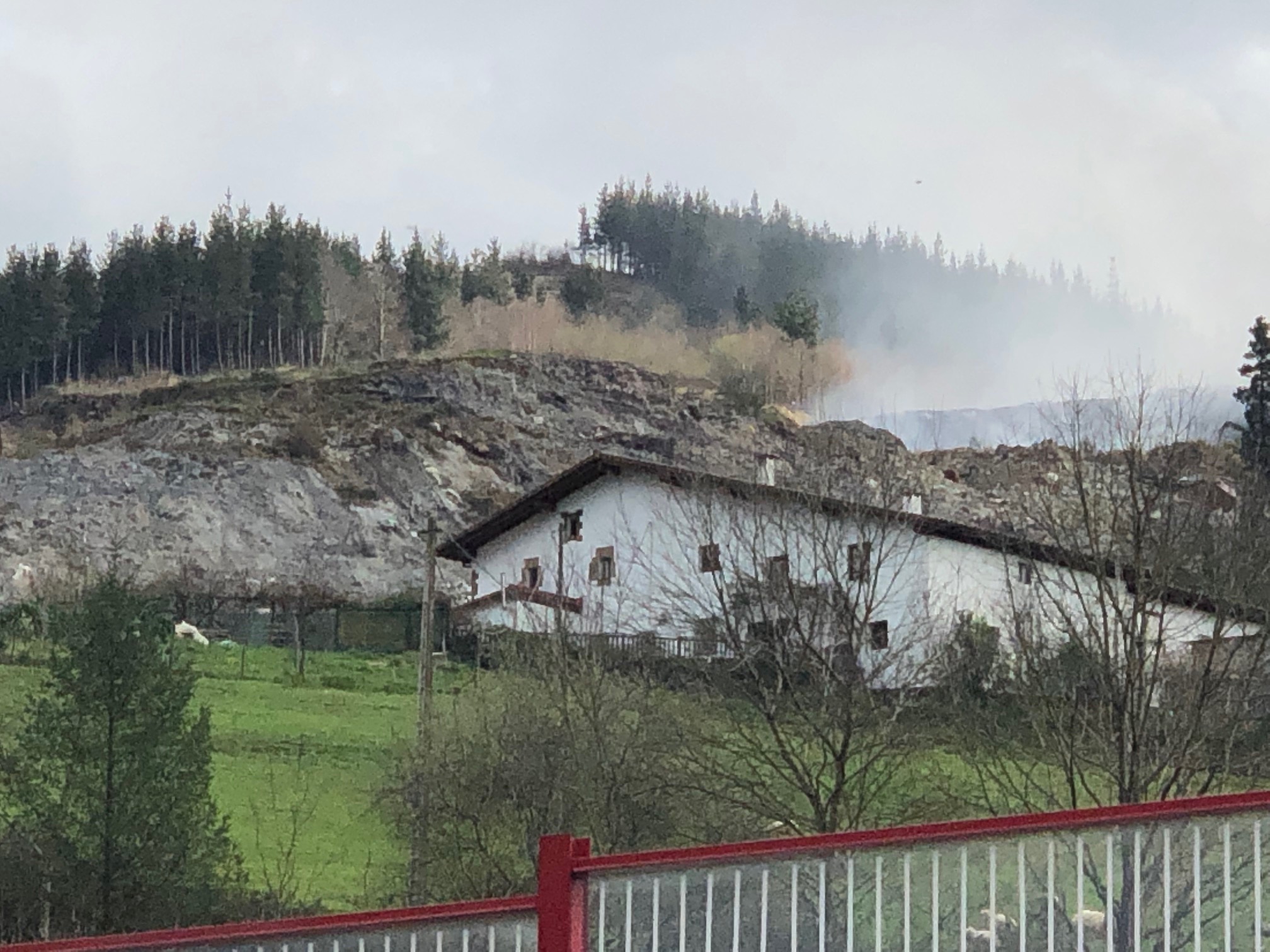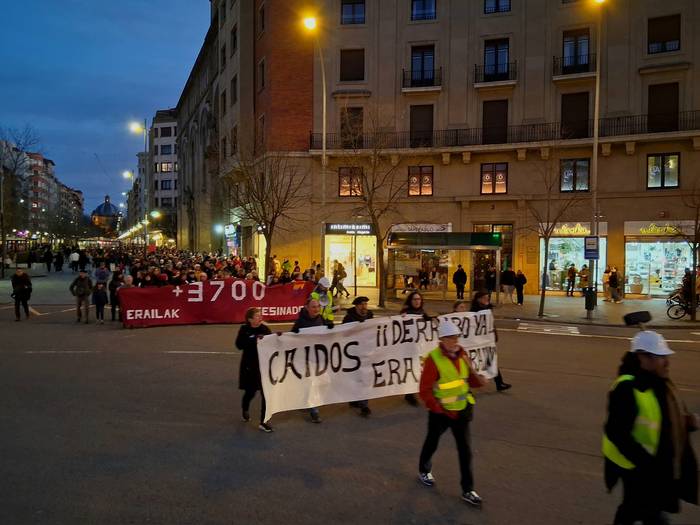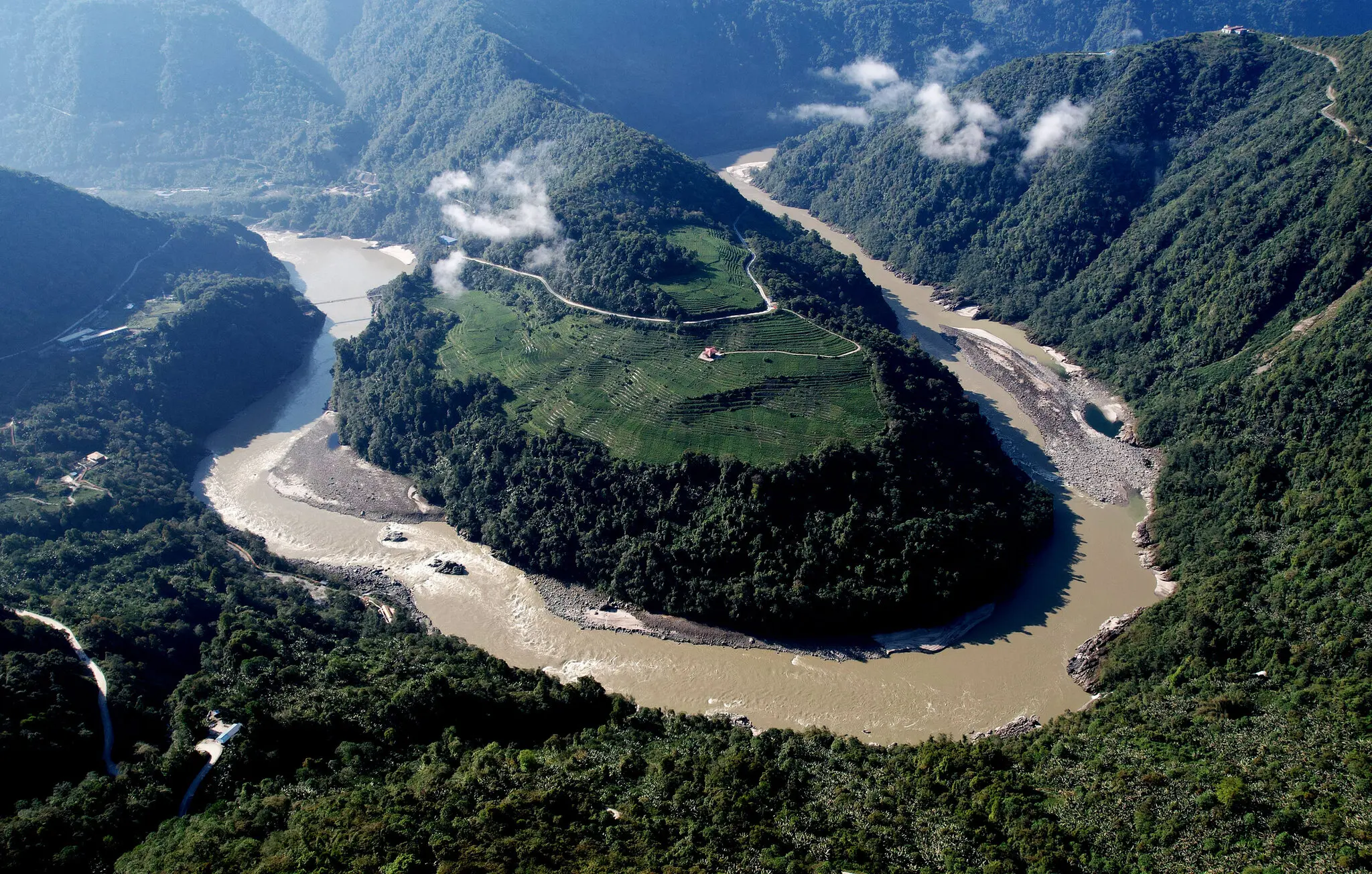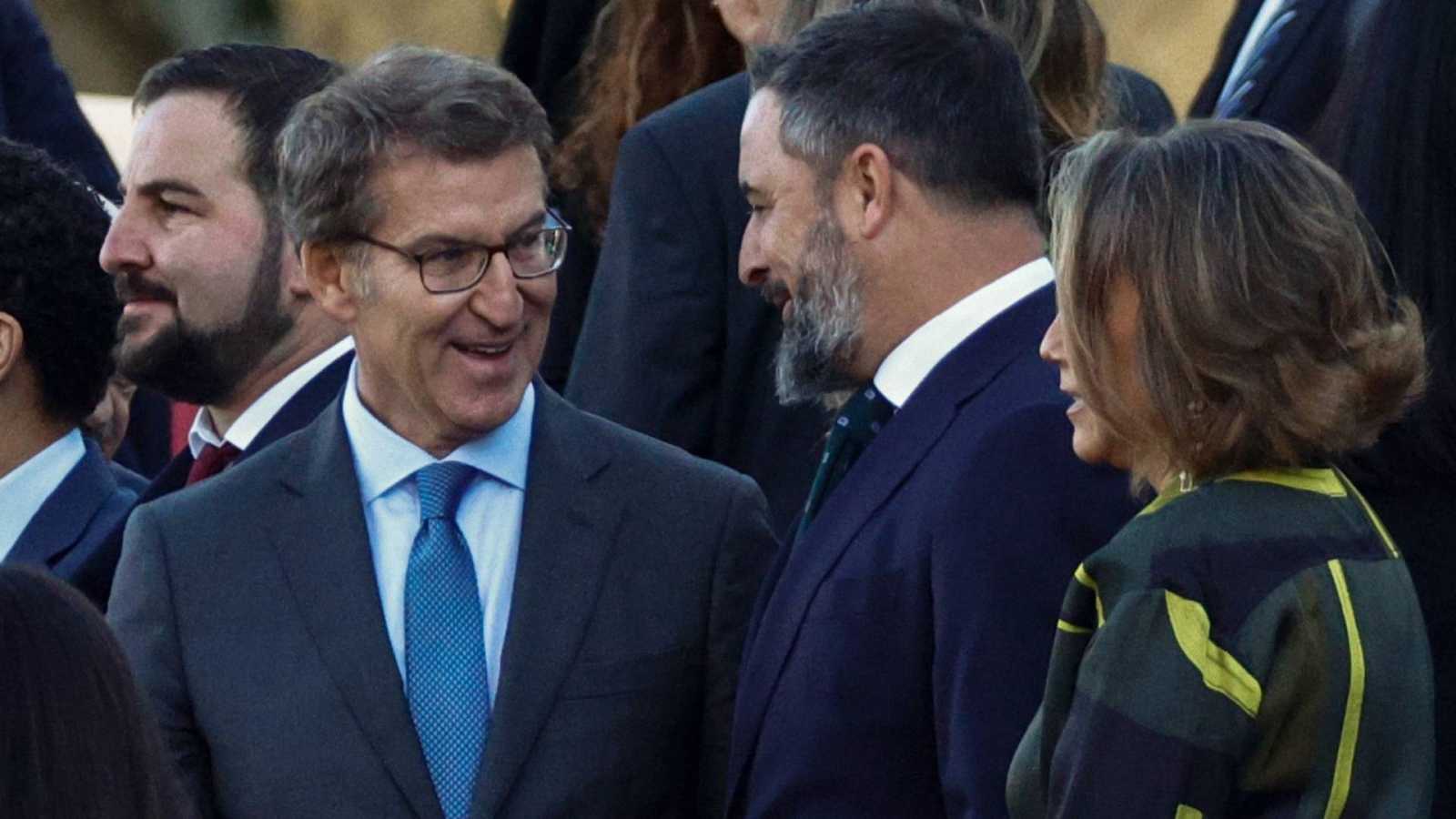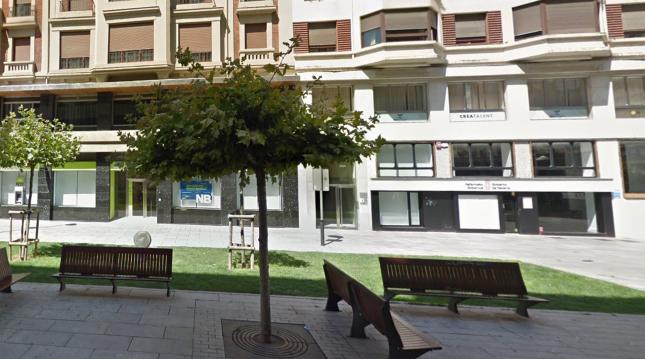Internalizing skills through practice
- The Erentzun Ikastola of Viana has welcomed the Longar project, which aims to develop basic skills for life. Together with Ibaialde de Lodosa we have approached Erentzun, in charge of organizing the Nafarroa Oinez festival this year, to talk with the director of the ikastola, Maite Otero, about the nature, objectives and results of the project.
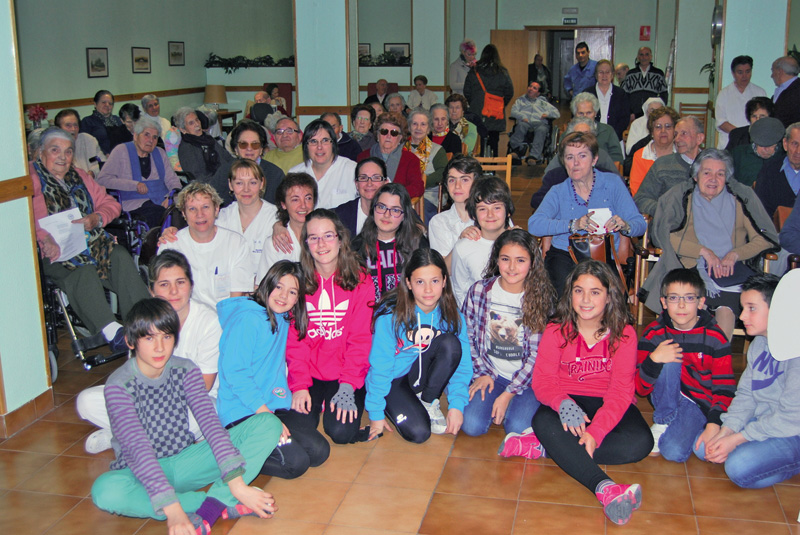
In 2008-2009, they began to materialize the project for the development of basic competencies in the ikastola de Viana. The initiative was named after the highest summit of the town: Longar. In the classroom, it was intended to prioritize the practice instead of the theory, putting into practice the knowledge acquired in the class and encouraging the initiative of the students.
First, the teachers received the advice of the UPV professor and doctor in Didactics, Jesús Mari Goñi. The projects or joint works were designed to work at each level, and once applied, improvements were incorporated. Thus, in 2014 they managed to develop Longar in its entirety, performing all the unification works or projects that integrate it. The pooling works are practical works for the acquisition of basic competencies by the students, and at this moment Longar includes 18; that is, two of each course, from 3 to 12 years – Erentzun does not have ESO.
Maite Otero, Director:
“Longar is based on activities and projects created by Erentzun’s professors, we have not taken them from an editorial. They are
created and adapted to our needs”
In the words of Director Maite Otero, the creation and development of Longar has not been easy, “it has been adding more work to your usual work at a ikastola. We have had to create and adapt the curriculum and activities, it has taken a lot of effort.” It is clear, however, that the effort has been worthwhile. It says that the project is very special as all the unification works are of their own production: “Longar is based on activities and projects created by Erentzun’s professors, we have not taken them from an editorial. They are designed and adapted to our needs. That singularizes the project. In addition, they not only apply what they learned in a specific course, but what they learned from birth.”
Self-employed work as key
The joint work abandons theory and focuses on practice: the objective is to channel the contents and knowledge collected in the didactic units to real projects. “We believe that delivering content is of no use if it is not put into practice at a later date. In the classroom, kids and young people learn a lot of things, but if they don't use those content, they're not useful. With practical projects, we are trying to change this situation,” explains Otero. The joint work – two, each course – is carried out in a week to be dedicated to the preparation of the project. In the development of these projects, the subjects are worked together rather than individually. “Projects are aimed at developing different competences, so lessons are built up and the boundaries between them are blurred. It is essential that work be interdisciplinary.”
In the projects, problems and duties are posed to students in real contexts, so that they can develop competencies in different areas, the ultimate goal being social. In Elementary School of Early Childhood Education, for example, toys that do not use deliver them to Caritas at the end of one of the projects. “Children are taking steps until the goal is met. The methodology is very motivating for the students. They do something for something. Not to store it in the folder, but to do something useful.”
The projects are carried out in teamwork, but at the same time require self-employed work. Within the group each member has its function, which will perform it autonomously. Students keep their work in a portfolio or folder, which is what will be evaluated later. In Otero’s view, self-employed work develops skills and takes on certain attitudes. Among these attitudes would be autonomy, responsibility, efficiency, initiative or creativity. “In Early Childhood Education we started applying Longar so that the students would then develop their attitudes. Thanks to this project, the development that is taking place is evident. It is very positive, because these attitudes also serve for life outside the center.”
Three phases
The pooling consists of three phases: initiation, development and finalisation. At first, the activities are explained and contextualized, and the competencies to be worked on are presented. Below is the development of the topic or situation: the steps to follow and the resources to use http://longar.nieikastolak.com are available on the web. Finally, they perform final activities to evaluate the work and complete the portfolio. This folder will collect evidence of the competencies to show to what extent they have acquired the competencies required by the project in question.
Self-employed work allows the development of skills and the assumption of certain attitudes. Such attitudes would include autonomy, responsibility, efficiency, initiative or creativity.
We take as an example the disused toy project: first a presentation of the theme and a review of the previous knowledge; then the students have sent a letter to their families asking for consensual toys; once they have collected the toys, they have classified them by themes; then they have contacted Caritas to inform them that they have to deliver the toys; and finally, they have carried the toys, presented the work done and have completed the portfolio.
All along, what role do teachers have? Also, the director of Erentzun stressed that "the teaching staff is above all the one who guides". However, “the role of teachers is often different depending on the age of the students. When they don't yet master reading, the teacher has to help them, but as age increases, work is becoming more and more autonomous. It explains to the students what they have to do and then develop the projects on their own.” In addition, the faculty is also an observer, as part of the evaluation corresponds to them. The other part is the self-evaluation students do of themselves.
Recognition of good work
According to Maite Otero, “projects are more fun for students than usual classes. The methodology is very dynamic, and they really like that. They're excited. In addition, they learn things without realizing it.” Following the good results of Longar, the Department of Education has awarded two pooling works “1. from age 3.era” and “Vegetable Filled Basket”. In the first, students between the ages of 11 and 12 have prepared a show in a nursing home. In the second case, students between 8 and 9 years old have made the necessary planning to carry out a vegetable garden. “These initiatives have been very successful and the prizes are a recognition of all the work done. They show that we are moving in the right direction.”
The Department of Education has awarded two pooling works: “1. From age 3.era”, based on the show prepared for the residence of the elderly and “Saski Full Vegetable Coat”, with the objective of planning a vegetable garden
At the Ikastola de Estella they also have a project for the development of basic competencies, Ubagua, and both centers maintain a relationship of exchange of experiences. “In both centers we have seen that with this methodology students and teachers enjoy. They have developed the project until the age of 12, as they also offer ESO, and have obtained very positive results.”
The director stressed that thanks to Longarri they have a new perspective to work the usual classes, much more practical: “To be more efficient in working the competencies, we also try to work the didactic units from a practical point of view. We deal with issues related to the people or to things around us so that explanations are not so intense.” In his view, this way of understanding education should gradually take root: “We don’t start on a whim. Studies make it clear, school dropout rates are very high, learning needs to be rethought. And initiatives like Longar open the door to change.”
Hauexek dira Longarrek jorratzen dituen oinarrizko konpetentziak:
1. Hizkuntza komunikaziorako gaitasuna.
2. Matematikarako gaitasuna.
3. Zientzia, teknologia eta ingurumenaren zaintzarako gaitasuna.
4. Informazioaren tratamendua eta gaitasun digitala.
5. Gaitasun soziala, eta aisialdirako, kontsumo arduratsurako eta osasunaren zaintzarako gaitasuna.
6. Gaitasun kultural eta artistikoa.
7. Ikasten ikasteko gaitasuna.
8. Autonomia, ekimen pertsonala eta garapen emozionala.
Euskal curriculumean zehazten diren gaitasun orokorrak ere kontuan hartzen ditu proiektuak: ikasten eta pentsatzen ikasi, komunikatzen ikasi, elkarrekin bizitzen ikasi, norbera ikasten ikasi, eta egiten eta ekiten ikasi.
We recently read the novel My little village by Gael Faye at the Escuela de Lectores de Borrería, in the version translated into Basque by Irati Bereau. The book tells the story of Gabriel – a child born in Burundi. His father is French and his mother is an exiled Tutsi who... [+]
The harsh verdict against Proces came out in October 2019 and that set Barcelona on fire. In this context, in the Spanish State, the following sentence was read in the right-wing press: “For the good of Spain, Barcelona should be bombed every 50 years.” It was the phrase of... [+]









